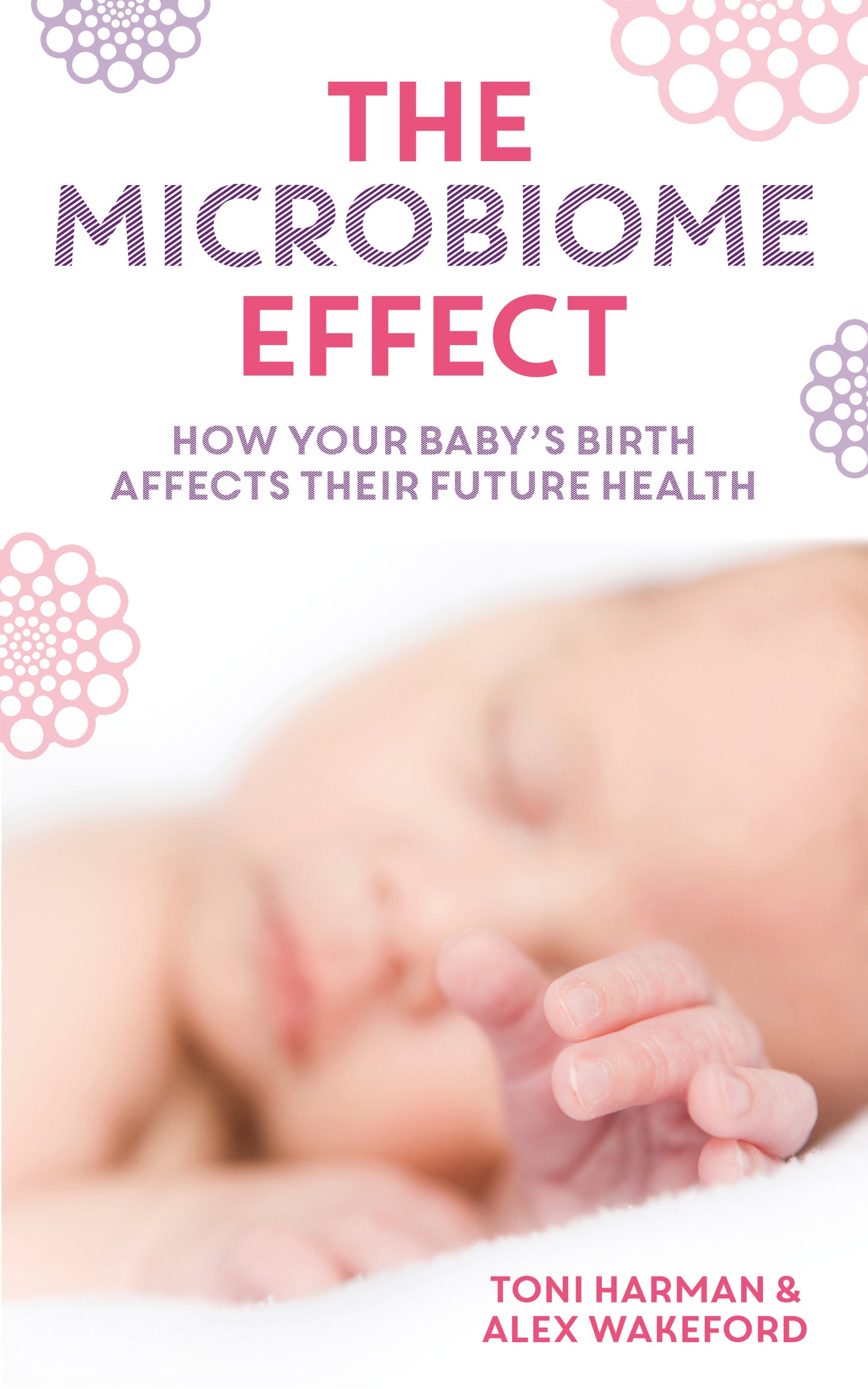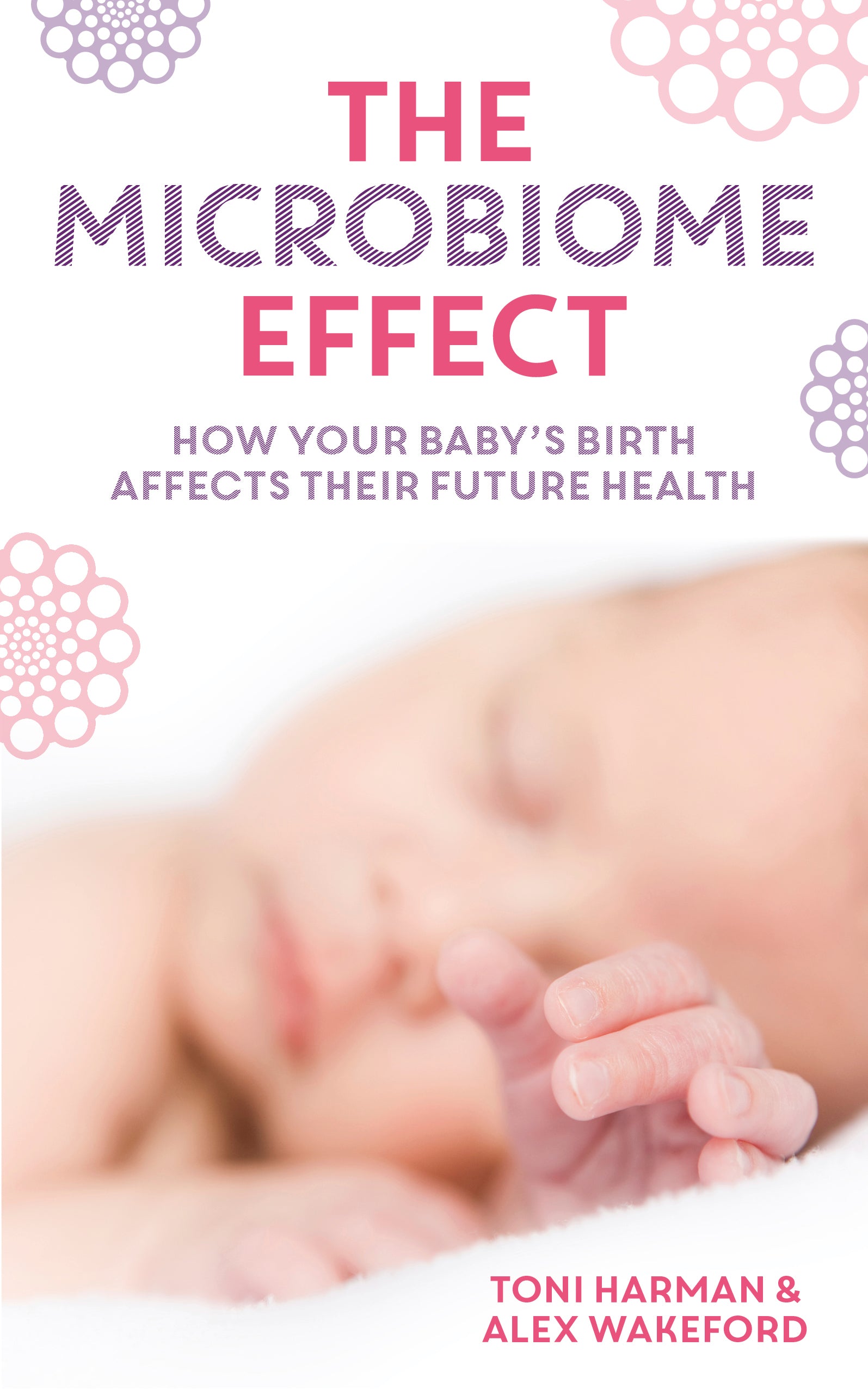Pinter & Martin
The Microbiome Effect: How your baby's birth affects their future health
The Microbiome Effect: How your baby's birth affects their future health
OFFER: 3 for 2 on all our books. We ship to the UK only. For other bookshops that stock our books see here.
Couldn't load pickup availability
At least two amazing events happen during childbirth. There's the obvious main event, which is the emergence of a new human into the world. But then there's the non-human event that is taking place simultaneously, a crucial event that is not visible to the naked eye, an event that could determine the lifelong health of the baby. This is the seeding of the baby's microbiome, the community of ‘good’ bacteria that we carry with us throughout our lives.
The seeding of the microbiome, along with other processes including breastfeeding, kickstarts the baby's immune system and helps to protect the infant from disease for its entire lifetime. However, interventions like use of synthetic oxytocin, antibiotics, C-section and formula feeding could be interfering with, or bypassing completely, the microbial transfer from the mother to baby. Emerging research shows that bacteria are absolutely vital for human health, and science has linked an imbalance in the human microbiome with multiple chronic non-transmissible diseases.
Drawing on the extensive research they carried out for their documentary film Microbirth, authors Toni Harman and Alex Wakeford reveal a fascinating new view of birth, and how microscopic happenings can have lifelong consequences, both for ourselves, our children – and our species as a whole.
Share
ISBN: 9781780662701
Number of pages:
Published:
View full details

